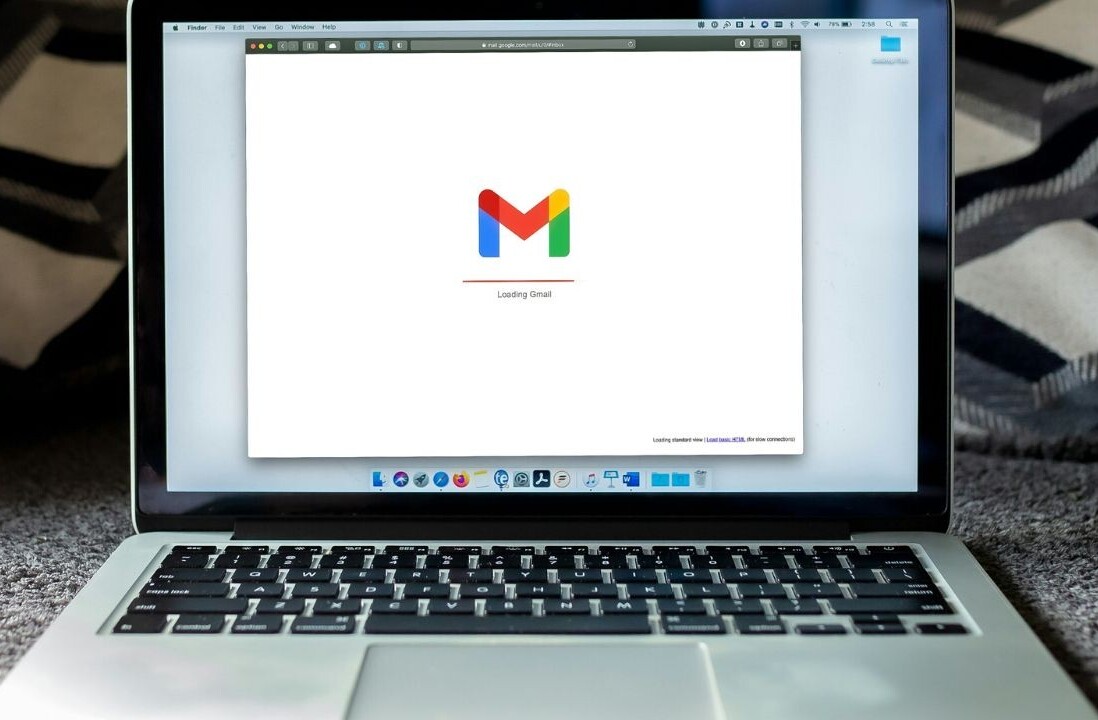
In a sense, the Internet has freed us from the necessities of rigid office life and independent professionals running their own businesses are on the rise. Unlike our parents’ generation, we are no longer expected to fulfill life-long careers with the same company. Just this weekend, I met with the Henrik Werdelin, the founder of Prehype who confirmed my observations. He said that his smartest friends and colleagues are taking on more project based jobs as opposed to being tied to one company, or even one type of profession. But while freed from rigid office life, it’s that much more important for independent professionals to maintain a strong identity and personal brand online.
Ray Grainger is the founder and CEO of Mavenlink, that offers consultants, freelancers, and other independent service professionals a single platform for all their business needs. Prior to launching Mavenlink, he was a Global Managing Partner at Accenture for nearly two decades, has served on two expeditions to Antarctica and even has a congressional medal in his trophy locker. Grainger founded Mavenlink with the intent of helping businesses improve the external talent acquisition process and provide an online workplace for this hybrid workforce. According to Mavenlink, it’s one of the top apps in Google’s Marketplace, in terms of all-time and weekly installs, and is closing in on 100,000 users.
So, with the recent launch of Google+, how are these independent professionals and SMBs handling their personal branding? There’s been considerable focus around Facebook vs. Google+, and in most analyses, Facebook comes out as the best-in-class social tool. However, Google has an entire ‘Google Universe’ of web tools which as an aggregate is incredibly powerful. Each individual component of Google+ may pale in comparison to its chief competitor, i.e. Facebook is best of breed for social; LinkedIn for business contacts, etc.
But when Google+ launches for brands, what will small businesses ultimately adopt? Ten individual best of breed solutions, or a single sourced platform that’s easy to integrate? Google is closing the gap in its epic platform for business: search, email, tasks, calendar, IM, voice, document management, site analytics, advertising, mobile platforms, payments, and third-party for everything in between (project management, accounting, CRM, etc). The missing piece was people – and now Google+ has the capacity to bring it all together with people as the center in their new social hub. And if you need any more convincing, check out this video. How can having everything in one place not be incredibly attractive to small businesses who do not have the time or resources to focus on IT, integrations or process management? We caught up with Mavenlink’s Grainger to weigh in on the topic.
CBM: Could you describe your relationship with Google?
Ray Grainger: Mavenlink is an integration partner of Google Apps, and has risen to become the #2 top installed application in the Google Apps Marketplace. We’re also looking forward to working with the Google+ engineering team as they open up their API’s to third-party applications, integrating Google+ social feed with Mavenlink’s “feed style” business and project communications.

CBM: Facebook vs Google + for SMBs and personal brands: What’s the current state?
RG: Because of its reach, Facebook still has a huge advantage in terms of sheer numbers when it comes to audience and eyeballs. That makes things like Pages nearly as mandatory as creating a web presence for a small business. It also creates a large audience for advertising and forces small businesses to at least consider new products like Deals for their local audiences.
CBM: Why do you think Google is holding back from iterating its product for brands?
RG: The party line from within Google has consistently been that they (Google), want to make sure they support business and brands in “the right way”, meaning they don’t want to the market to force them into releasing something that isn’t ready. However, it seems like the release might be coming sooner than later.
CBM: Once it unleashes Google+ for Brands what do you expect will occur? Will all SMBs adopt?
RG: I think the savvy SMBs will adopt. What do they have to lose? It will be an opportunity to get in early, to develop a differentiated presence, and potentially get a head start in an arena that is backed by a proven SMB player, Google.
CBM: Will they leave FB all together?
RG: I don’t think anyone will be leaving Facebook entirely anytime soon, as it will continue to have tremendous opportunity for marketing a company of any size and creating a community around your business in a place where people are comfortable. Where I think Google+ has the opportunity to excel is around managing business communications. Advertising and social networking are one thing, and I believe both Google+ and Facebook both have bright futures; but when it comes to centralizing your core teams of employees, partners, contractors and clients, and then taking advantage of the broad sphere of business applications available to a small business inside of Google’s ecosystem, Google+ has a clear advantage.
 CBM: What do you think is so great about Facebook for brands that Google + will never have?
CBM: What do you think is so great about Facebook for brands that Google + will never have?
RG: 750 million potential eyeballs.
CBM: Reverse that, what are 3 things Google+ has that will be so great for brands that Facebook doesn’t?
RG:
- Targeted advertising integrated with all of its SEM products.
- A cloud based infrastructure to operate your business with Google Apps
- A series of third-party business applications that will be clamoring to tie themselves to the Google+ feeds and social connectivity.
CBM: Right now, what are the individual best of breed solutions available?
RG: Microsoft for IT, Oracle for the backend infrastructure, Facebook for marketing and social, LinkedIn for work connections, PayPal for payments.
CBM: And how will they play into the game once Google+ goes live for brands?
RG: In the short-term, I don’t anticipate any major impact on business for any of these companies. However, over time, I expect there to be a trend of users migrating from individual tools to a unified platform (Google). We’ve seen this pattern repeat several times since the Mainframe. When a new computing platform emerges, there are a large number of software vendors and these tools are purchased by individuals/businesses at a high unit cost. Then, at some point a unified application emerges on the scene and the market moves toward that. This trend could be playing out now with cloud-based tools. We have many individual point solutions (cloud based or still software based) from many vendors.

CBM: What’s the biggest benefit of the Google Universe for small businesses?
RG: The key benefit boils down to ease of integration. We know that for the small business, simplicity is best. The small business owner or team doesn’t have the time (or expertise) to focus on IT integrations and process management. With Google Universe, a full suite of tools is available in one place, and it’s integrated right out of the box. You already know that these apps are going to play well together. In addition, capital spending goes way down since users can access these tools on the web, and the bulk of them are going to be free.
CBM: What are the drawbacks?
RG: The main drawback is you may lose some functionality. If you had a head-to-head feature war between each individual Google tool and its enterprise counterpart, that point enterprise solution would probably win each time. However, most small businesses don’t need a complex, feature-laden solution anyway. The key is having the right set of the tools that you actually need – and then making sure you can tie everything together.
Image Credit: Shutterstock/Gunnar Pippel/MarcelClemens
Get the TNW newsletter
Get the most important tech news in your inbox each week.




